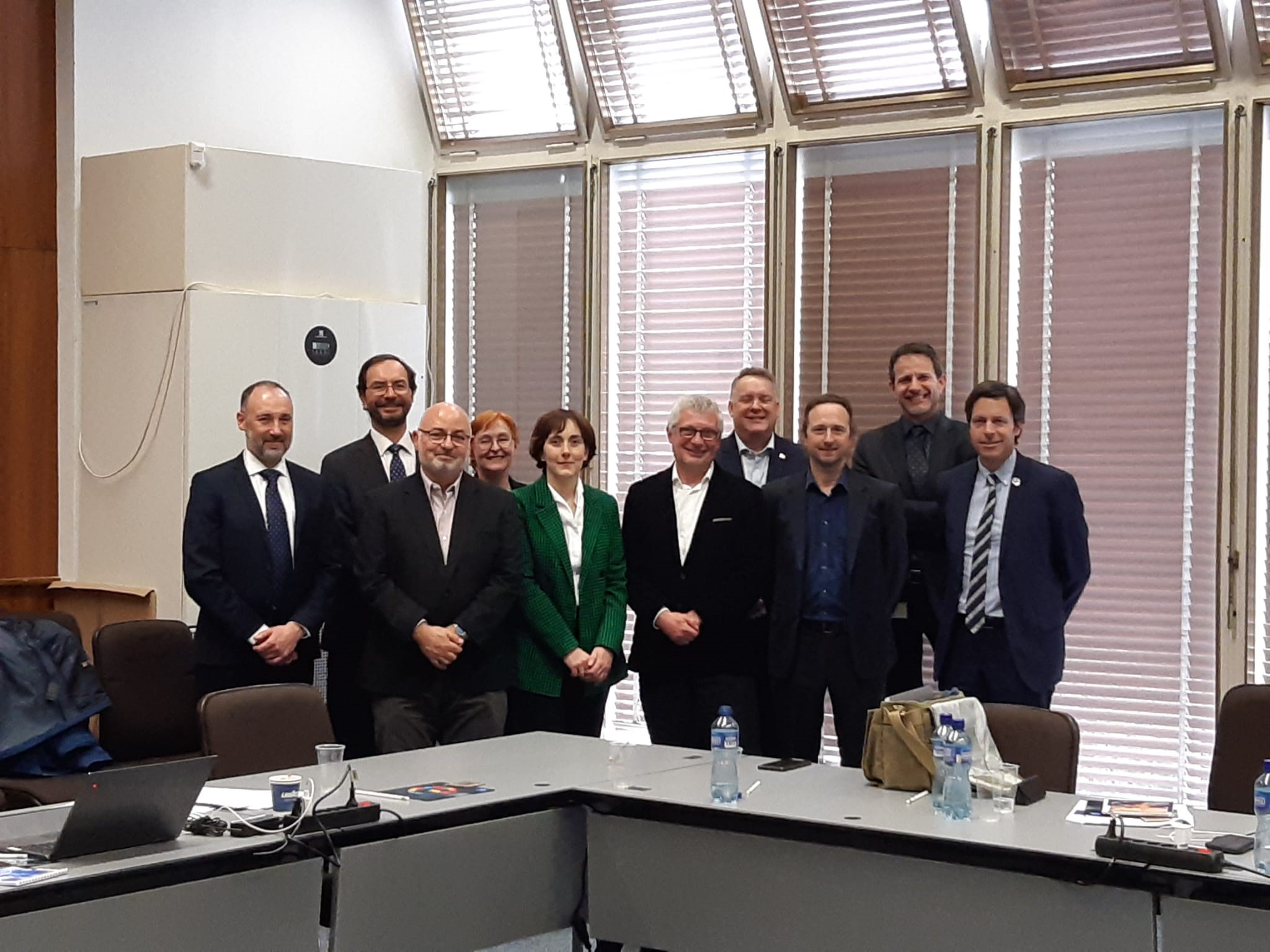Engaged, empowered and welcome? Towards greater inclusiveness in standardisation
At a recent meeting with international standardisers ISO and IEC, ECOS stressed the importance of robust standards to realise the international climate goals. We welcomed the commitments for more environmentally friendly standards made by international organisations last year.

In September 2021, 165 members of the International Standardisation Organisation (ISO) adopted the London Declaration, committing to ‘embed’ climate considerations in new standards. The Declaration commits ISO members to facilitate the engagement of environmental stakeholders in standards related to climate change.
ECOS members and experts have been advocating for environmentally ambitious standards for more than 20 years. While the Declaration is most certainly a positive step, our job is still far from done. Developed in an inclusive way, environmentally sound standards can help make the vision we share for a better future happen, and motivate social, economic and environmental progress, said Justin Wilkes, our Executive Director, who met with ISO and IEC Secretaries-General at the end of March.
The meeting focused on the issue of inclusiveness and diversity within the international standardisation organisations, including the ISO and IEC strategies and regional engagement policies and their implementation. ECOS stressed that standards will be the make-or-break element of the climate transition. Many new environmental laws rely on details set in standards – and the latter should not be developed without active involvement from environmental organisations.
We are looking forward to working with colleagues from ISO, IEC and civil society organisations to ensure an increased involvement of the NGO community in international standards-making!


